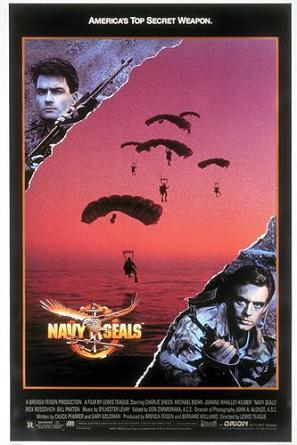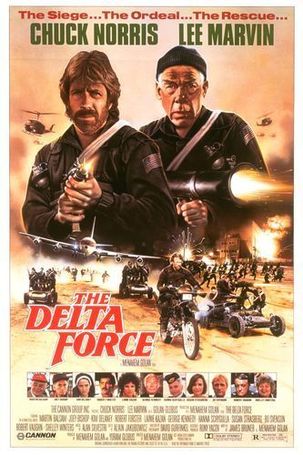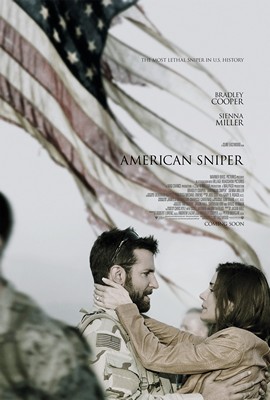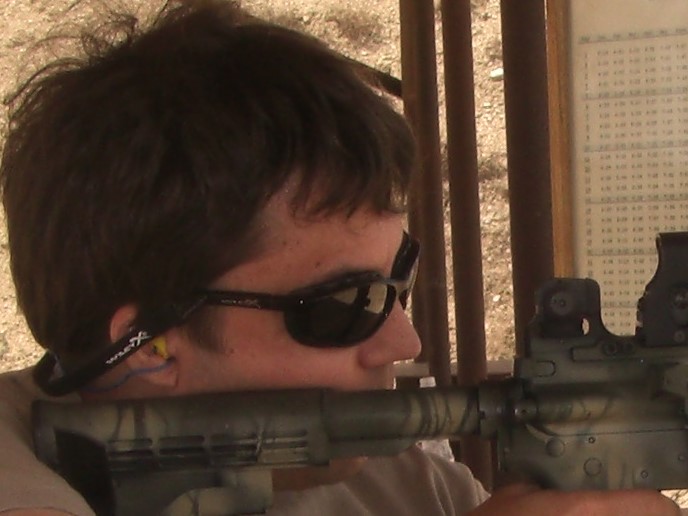|
Some people ask, "Why do we always hear about Navy SEALs and never about Delta Force?" A difficulty in answering is that this question compares apples to oranges. SEAL Team Six and Delta Force serve under the Joint Special Operations Command (JSOC), but the other SEAL Teams do not. While it's tough to become a SEAL, it's even tougher to earn a spot under JSOC. If people want to compare Navy SEALs to Army units, it would be more appropriate to compare SEALs with Special Forces or Rangers--the first major special ops book on these units was Robin Moore's 1965 The Green Berets, which became a #1 bestseller in the US. In 1976, Benjamin Schemmer wrote The Raid, a Green Berets attempt to rescue 61 US POWs north of Hanoi, Vietnam. If one were to compare SEAL Team Six with Delta Force, the first biography came from Delta Force's founder Charlie Beckwith, entitled Delta Force. In 1986, Chuck Norris starred in an action movie with the same name. And the first hit TV show was also about Delta Force (2006-2009), called The Unit. It wasn't until 2017 that a TV series was made about SEAL Team Six, called Six. Of course there have been books like Richard Marcinko's Rogue Warrior and the movie Navy SEALs starring Charlie Sheen, but these came after the Delta Force book and movie. The 1999 book, Blackhawk Down, told much about Delta Force and the Rangers' role in the Battle of Mogadishu, but little was said about SEAL Team Six's role. Although in 2007, Navy SEAL Marcus Luttrell published his autobiography, Lone Survivor, in 2008, Delta Force's Dalton Fury published Kill bin Laden, about the Battle of Tora Bora. In 2011, after SEAL Team Six took down bin Laden, Americans wanted to know more. This knowing provided closure for many regarding the tragic September 11 attacks. Books like SEAL Team Six: Memoirs of an Elite Navy SEAL Sniper (2011) and American Sniper (2012) became bestsellers. Even so, too much information can endanger current operators, their missions and tactics. The Department of Defense (DOD) cracked down on Mark Owen, the author of No Easy Day (2012), for not clearing his manuscript with them. Although these men are heroes, it has become increasingly important for them to clear their stories with the DOD. In short answer to the original question, although recently much media attention has been given to Navy special operators, Army special operators have a history of receiving media attention, too. I trained with Delta Force veteran Larry Vickers, and below he analyzes the Collateral shootout (head placement is an excellent tip) Clint Eastwood’s American Sniper is reminiscent of a great western, riding at its own pace, in a violent land where gunslinger, or in this case sniper, Chris Kyle risks his own life to save the lives of others. Bradley Cooper gives an eerily realistic performance of Kyle and a fitting tribute to The Legend. Not to be outdone, Sienna Miller stands toe-to-toe with Cooper, as she portrays Kyle’s wife, Taya, who fights to keep Chris grounded to her and their children.
I had read the book, which became one of my favorite SEAL books, and when I saw the first movie trailer and knew that Eastwood was directing, I wanted to see it. The second trailer touched me in a way no other trailer had before, increasing my desire to see the film. I went alone on Christmas Day to the theater in Dallas, the first day of public screenings (limited to Dallas, Los Angeles and New York City), and it was good I had my ticket in advance because, although I showed up early that morning, the screenings for American Sniper were already sold out for the day. Like many of the Eastwood cowboys in film, Kyle appears as a man of not many words who fights in a dusty, treacherous environment. He is sometimes isolated even when there are Teammates and family around: in Iraq behind the scope of his sniper rifle and at home where he feels guilty that he is “going to the mall” when other military personnel are overseas sacrificing so much. Pulling Kyle in seemingly opposite directions are wartime versus peacetime and SEAL Team versus family, reminding me of the dichotomies in Eastwood’s much earlier film, The Outlaw Josey Wales, a personal favorite of mine. Josey Wales was also pulled at by opposite sides: civil war and peacetime, north and south, and being alone versus leading a group. It is challenging to tell a person’s story within the length of a standard-sized book and even more challenging to condense that into film length. Although Jason Hall’s screenplay is accessible to a wide audience, it does not stray too far from the book. I noticed some differences, but they were not so jarring as to pull me out of the viewing experience. For example, the timeline of friend/Teammate Job’s death occurs differently in the film than it does in the book. I liked how Hall’s screenplay focused on what it is like to be a sheepdog protecting the sheep from predators and the toll it takes on Kyle and his family. Cooper’s portrayal of Kyle is so spot-on that it is like Cooper channeled Kyle’s spirit. Although I have never met Kyle, I have seen video of him in various interviews. Cooper and Kyle are similar heights, but Cooper’s portrayal goes way beyond that. His Texas accent, peculiar to a Texan who has spent some time in the military, is amazing. In the combat scenes, Cooper moves calm and purposeful. When fighting house-to-house, he’s a frogman on fire. When he lets his anger out on the weights, that’s really Cooper squatting what looks like 400 pounds—real weights. But like Kyle, especially back in the States, Cooper rounds his broad shoulders and makes himself small, less threatening. Cooper’s acting was so consistent, that I believed I was watching Chris Kyle throughout the film. His relationship with his wife, played by Sienna Miller, comes off as real to me—alpha male and alpha female whose relationship teeters from the awkwardness of meeting for the first time to warm familiarity—then returning to the awkwardness of meeting again after long separation—a testament to the fine acting of Sienna Miller. She also has to relate to a man who is sometimes away at war even when he is at home sitting beside her. I believe Miller’s performance gives insight into Chris Kyle that he could not immediately see without the benefit of her perspective. I would’ve liked a little more military realism in this movie. For example, military units seemed globbed together in a way that makes it difficult to recognize which unit is which. Also, some of the weapons handling, particularly from the large group of actors playing Marines, was less tactical than it should be. For me, the movie Platoon was more militarily realistic than American Sniper. Even so, there was enough realism in American Sniper to keep me invested. For people who want a movie with a jacked-up soundtrack, slick presentation, and Hollywood pacing, they will be disappointed. And for those who are intent on bad-mouthing military men and women, I am not sure why they would see such a movie in the first place—they will be frustrated. This film is quite real, taut, and at its own pace, a tribute to a great patriot. Many people have seen the news and know what becomes of Chris Kyle. For those who have not, be warned and read no further. What follows is a spoiler. After the film ends and the credits roll, a reverent tune is played in memorial to Kyle. Actual footage is shown of his funeral at the Dallas Cowboys stadium and the long procession of cars that headed south for his burial. In the movie theater, one woman lacked the class to stay seated until this memorial piece finished on the screen. She walked out while everyone else in the packed theater sat respectfully. The memorial piece ended and the rest of the credits rolled silently. Some people clapped, and I did not know what to do. Do I keep quiet out of respect for the deceased, or do I applaud a great film and a great warrior? Others seemed conflicted, too. I clapped, as did less than half of the theater. Quiet or applauding, aside from the one woman, I appreciated the audience’s attitude—made me proud to live here. As the credits rolled silently, we filed out of the theater. There was a solemn feeling in the air—a heaviness. I felt some of the loss and the tragedy of Kyle’s passing. My prayers are with his wife, Taya, and their children. Long live the Legend. I strongly recommend that you see American Sniper. |
the pages turn themselves...To get your copy of From Russia without Love, you just need to tell me where to send it. Stephen Templin
Steve is a NYT & international bestselling author. And dark chocolate thief. Categories
All
|




